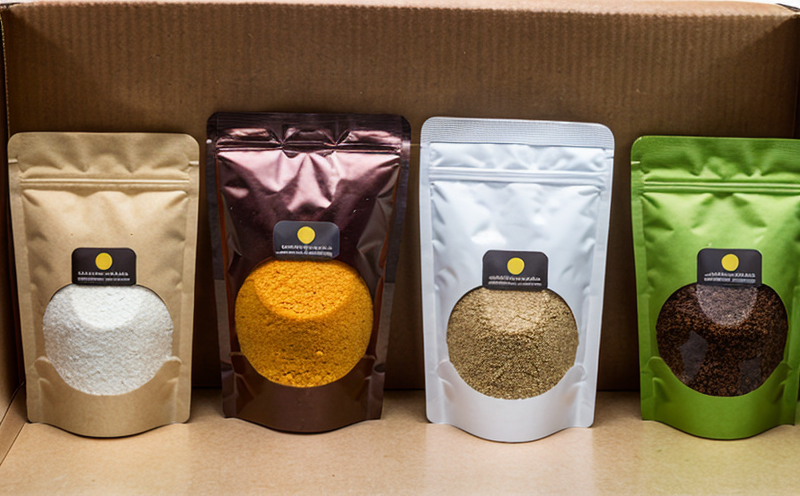Lead Content Testing in Food Contact Materials
In the realm of consumer products and product safety testing, ensuring that food contact materials (FCMs) are free from harmful substances is paramount. This section focuses on a critical aspect: lead content testing within FCMs. Lead, when present in FCMs, can migrate into foods and beverages, posing serious health risks to consumers. Regulatory bodies worldwide have stringent limits for the permissible levels of lead in food contact materials.
The importance of this service cannot be overstated, especially given the global demand for safe and compliant products. Regulatory standards such as FDA’s Food Contact Notification (FCN) program, EU regulations on migration into foodstuffs, and Chinese GB/T 23214-2008 all emphasize the necessity of thorough testing to prevent lead contamination.
Our laboratory employs state-of-the-art equipment and methodologies to ensure accurate results. The process involves meticulous sample preparation, precise analysis using inductively coupled plasma mass spectrometry (ICP-MS), and strict adherence to international standards like ISO 6872:2015 for FCMs.
Understanding the potential risks associated with lead contamination is essential. Lead exposure can cause severe health issues, including neurological damage in infants and children, kidney problems, and cardiovascular diseases. Therefore, ensuring that food contact materials meet stringent safety standards is crucial not only for consumer protection but also for brand reputation and legal compliance.
Our team of experts works closely with clients to ensure that testing meets their specific needs. We offer comprehensive services including initial consultation, sample preparation guidance, and detailed reports tailored to your requirements. By partnering with us, you can rest assured that your FCMs are rigorously tested for lead content.
The service provided is not only a compliance necessity but also an investment in long-term business success. Compliance with international standards helps mitigate potential legal risks and enhances customer trust. Moreover, it ensures that your products meet the highest quality and safety benchmarks.
Scope and Methodology
| Test Parameters | Methodology |
|---|---|
| Limited Migration Conditions | Simulating real-world conditions to assess lead migration. |
| Sample Preparation | Careful handling and preparation of samples for analysis. |
| Analytical Techniques | Inductively coupled plasma mass spectrometry (ICP-MS). |
| Sample Storage | Following strict protocols to maintain sample integrity. |
Customer Impact and Satisfaction
- Compliance with international standards such as FDA FCN, EU regulations, and Chinese GB/T 23214-2008.
- Reduction of legal risks associated with non-compliance.
- Enhanced consumer trust through proven safety measures.
- Promotion of brand reputation by ensuring product quality.
Use Cases and Application Examples
The testing of lead content in food contact materials is essential for various industries, including packaging manufacturers, beverage producers, and food processors. Here are some real-world applications:
- Beverage companies that use glass or metal containers.
- Manufacturers of plastic bottles and lids.
- Paperboard and cardboard box producers for food packaging.
- Companies involved in the production of tin cans.





